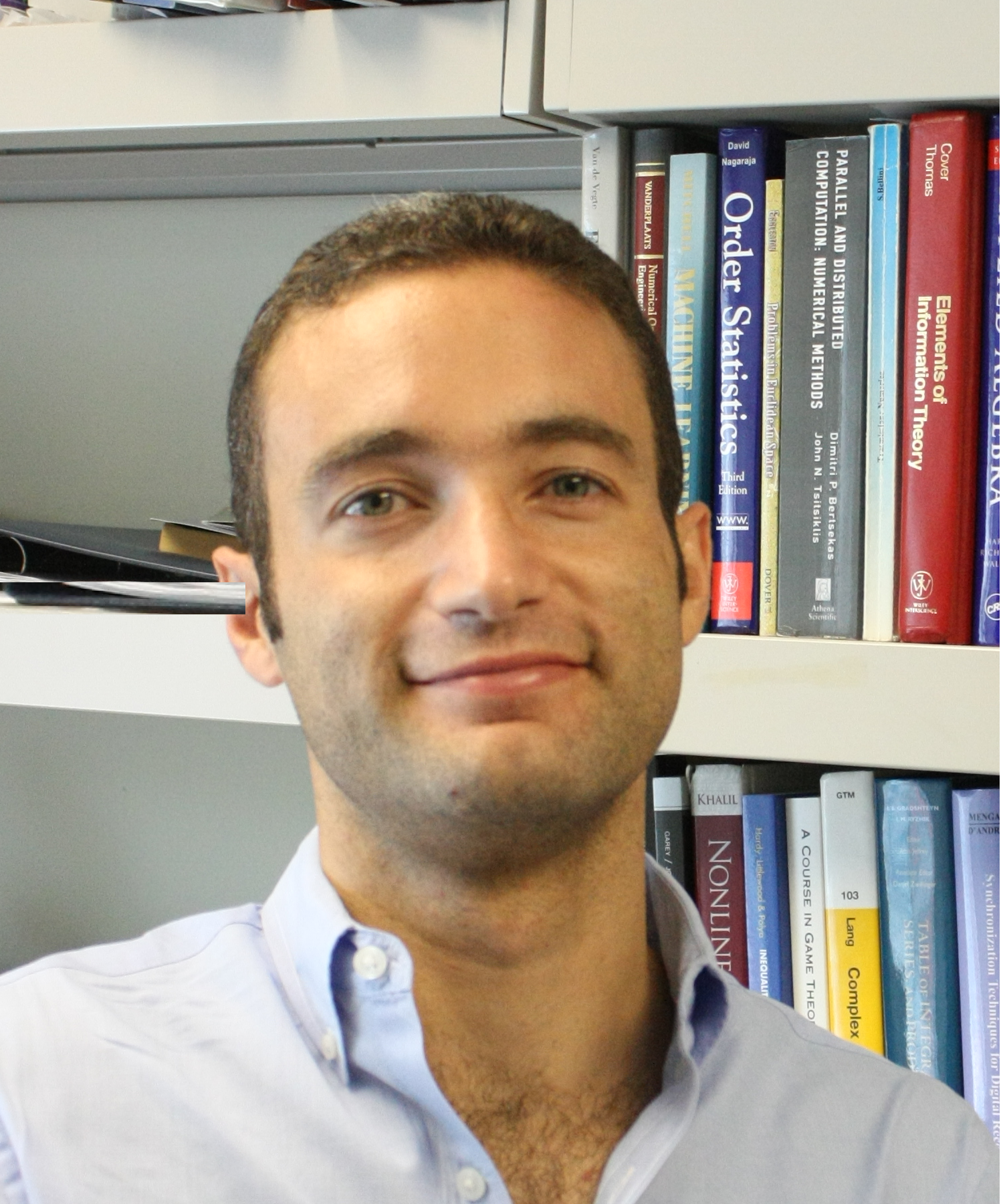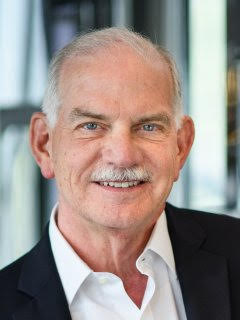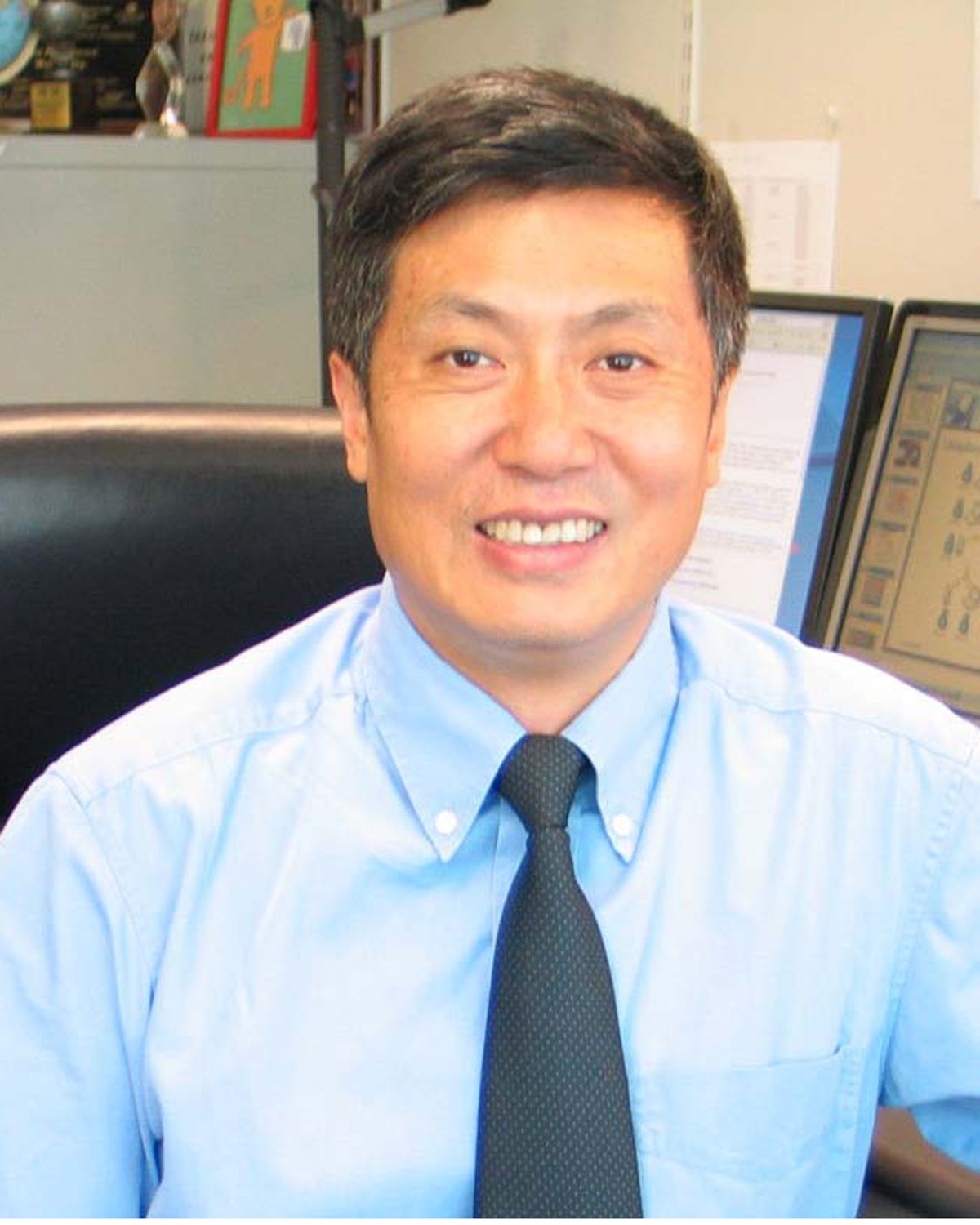Reliable AI for Communication Systems: Algorithms and Enabling Technologies

Osvaldo Simeone
King's College London
Abstract. This talk discusses algorithms and enabling technologies for the implementation of reliable AI solutions, with a focus on communication systems. Well-calibrated AI models produce decisions along with faithful estimates of their uncertainty, offering reliable actionable intelligence. Key definitions are first provided, and it is then demonstrated that Bayesian learning offers significant advantages over standard deep learning in terms of calibration. Robust variants of Bayesian learning are also covered that can operate in the presence of outliers and model misspecification. Finally, it is argued that neuromorphic computing and quantum computing provide promising platforms for the deployment of well-calibrated AI algorithms at the edge.
Biography. Osvaldo Simeone is a Professor of Information Engineering with the Centre for Telecommunications Research at the Department of Engineering of King's College London, where he directs the King's Communications, Learning and Information Processing lab. He received an M.Sc. degree (with honors) and a Ph.D. degree in information engineering from Politecnico di Milano, Milan, Italy, in 2001 and 2005, respectively. From 2006 to 2017, he was a faculty member of the Electrical and Computer Engineering (ECE) Department at New Jersey Institute of Technology (NJIT), where he was affiliated with the Center for Wireless Information Processing (CWiP). His research interests include information theory, machine learning, wireless communications, neuromorphic computing, and quantum machine learning. Dr Simeone is a co-recipient of the 2022 IEEE Communications Society Outstanding Paper Award, the 2021 IEEE Vehicular Technology Society Jack Neubauer Memorial Award, the 2019 IEEE Communication Society Best Tutorial Paper Award, the 2018 IEEE Signal Processing Best Paper Award, the 2017 JCN Best Paper Award, the 2015 IEEE Communication Society Best Tutorial Paper Award and of the Best Paper Awards of IEEE SPAWC 2007 and IEEE WRECOM 2007. He was awarded a Consolidator grant by the European Research Council (ERC) in 2016. His research has been also supported by the U.S. National Science Foundation, the Vienna Science and Technology Fund, the European Space Agency, as well as by a number of industrial collaborations including with Intel Labs and InterDigital. He is the Chair of the Signal Processing for Communications and Networking Technical Committee of the IEEE Signal Processing Society and of the UK & Ireland Chapter of the IEEE Information Theory Society. He is currently a Distinguished Lecturer of the IEEE Communications Society, and he was a Distinguished Lecturer of the IEEE Information Theory Society in 2017 and 2018. Dr Simeone is the author of the textbook "Machine Learning for Engineers" to be published by Cambridge University Press, three monographs, two edited books, and more than 170 research journal and magazine papers. He is a Fellow of the IET and of the IEEE.
Federated Learning at the Wireless Edge

H. Vincent Poor
Princeton University.
Abstract. Wireless networks can be used as platforms for machine learning, taking advantage of the fact that data is often collected at the edges of networks, and also mitigating the latency and privacy concerns that backhauling data to the cloud can entail. Focusing primarily on federated learning, this talk will discuss several issues arising in this context including the effects of wireless transmission on learning performance, the allocation of wireless resources to learning, and privacy leakage. A number of open problems will also be discussed.
Biography. H. Vincent Poor is the Michael Henry Strater University Professor at Princeton University, where his interests include information theory, machine learning and network science, and their applications in wireless networks, energy systems, and related areas. Among his publications in these areas is the recent book Machine Learning and Wireless Communications, published by Cambridge University Press. Dr. Poor is a member of the U.S. National Academy of Engineering and the U.S. National Academy of Sciences, and is a foreign member of the Chinese Academy of Sciences, the Royal Society, and other national and international academies. He received the IEEE Alexander Graham Bell Medal in 2017.
